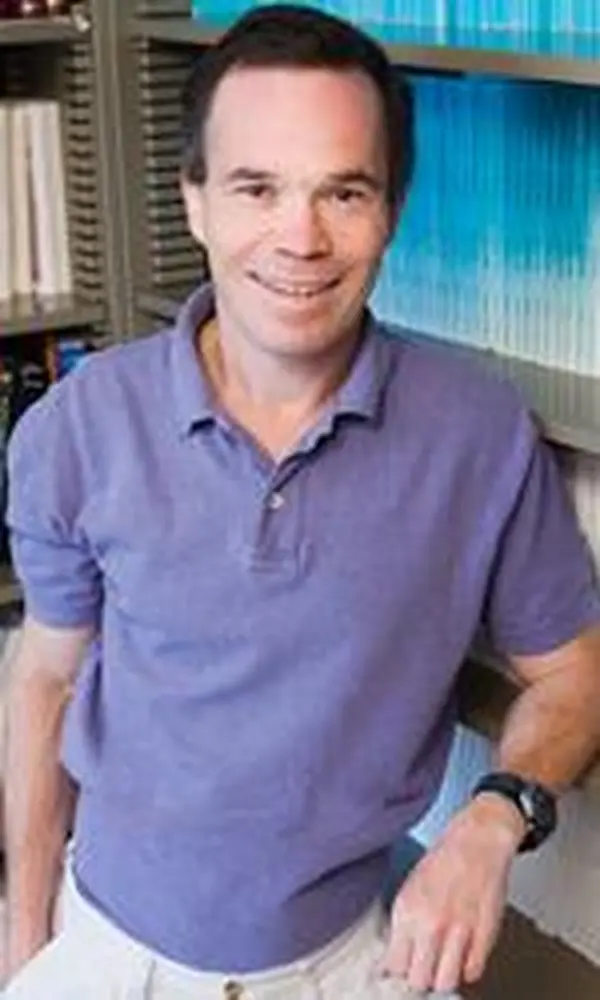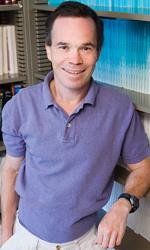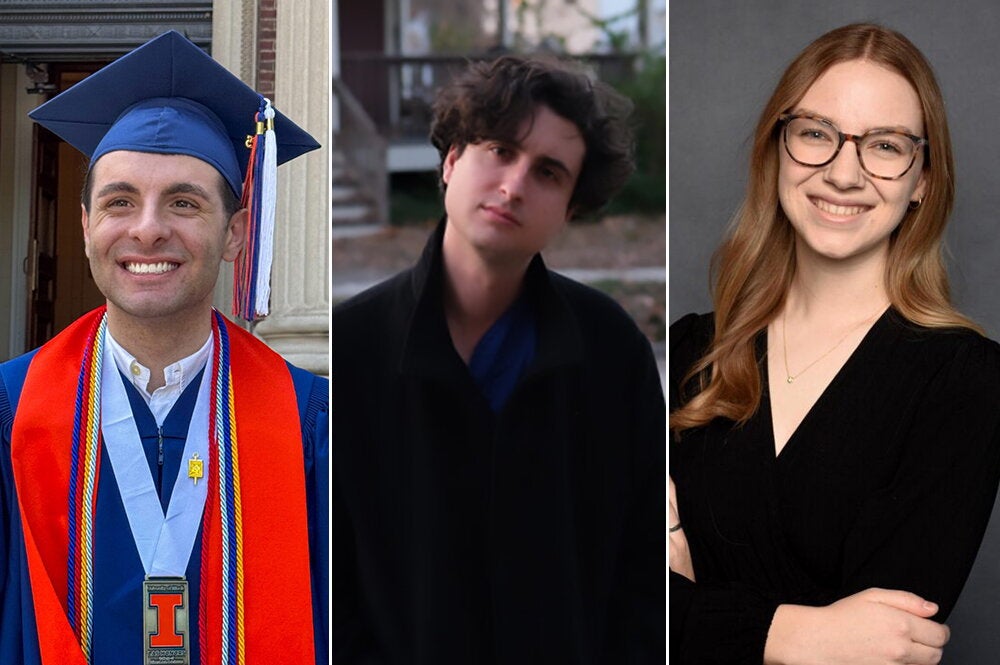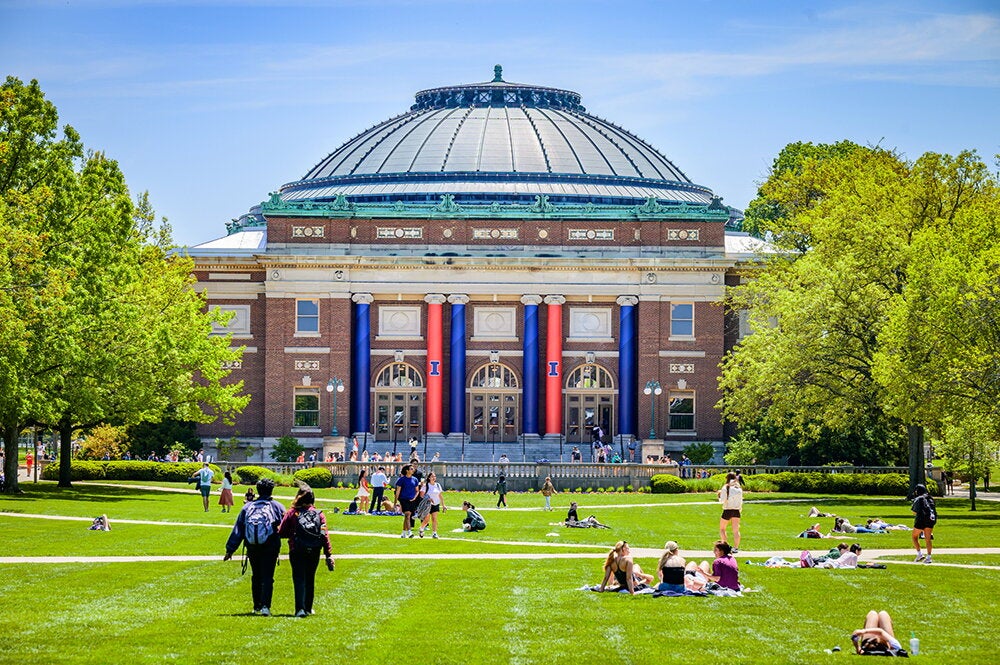

Even in the final days of the 2008 presidential campaign, polling was inescapable. Politicians rely on private polling commissioned by their campaigns to measure voter preferences, while voters rely on public polling to keep track of the horse race.
Research by University of Illinois economist Dan Bernhardt found that candidates’ private polling influences candidates’ behaviors, and that the inevitable outcome of this polling is that candidates tend to provide too little choice to voters.
“What’s happening is that polling induces candidates to distinguish their platforms from each other but there’s a limit to how much they separate,” Bernhardt says, adding that the results apply universally, to candidates running for office at the local level all the way up to presidential politics.... “You regularly hear complaints that politicians are all the same. They don’t give voters enough choice, which is consistent with this scenario.”
Polling helps candidates tailor their platforms to the median voter in order to attract the most votes. If a candidate could poll “perfectly,” then he would be able to extract exactly what the median voter desired. And if both candidates for a certain race polled perfectly, in theory they would develop very similar platforms to maximize their chances of attracting the average voter’s approval.
But in the real world, “perfect polling” doesn’t exist, because all polls carry some “noise.” Noise can be caused by a variety of factors that obscure results, such as sample size, the honesty of the pollees, the populations canvassed, and the questions asked.
“The more noise there is, the less accurate they’re going to be in targeting what the median voter wants,” he says. This uncertainty leads to a separation in positions and is why voters have a choice among the candidates in November.
However, with advanced technology and improved statistical analysis, polls are more accurate than ever. Some noise is inherent in all polls but it is insufficient, Bernhardt argues, to provide a separation between platforms.
Candidates may take positions that are more or less extreme than the electorate polls, Bernhardt says, but candidates are not willing to provide sufficient platform separation because each candidate only cares about winning the election, and thus places emphasis on his or her location being the closest to the median. A candidate whose polling information corroborates where the median voter stands may exaggerate his or her stance slightly, while a candidate who receives information that signals that the public is shifting its attitude more significantly may not develop a platform to be as extreme as his or her information suggests. “What we show is that candidates—even when they overemphasize their polling information in terms of their platform choices and extremize their positions—they don’t do so as much as voters want,” he says. “They still do not provide voters enough choice.”
Highly accurate polling can also have consequences for candidates. Bernhardt studied candidates that picked platforms after polling voters, often up to a year before an election. As important as polling is to locating a platform, early polling has the potential to limit candidates’ ability to adapt to changing climates, Bernhardt says. If situations change and policy alterations are needed, politicians may be reluctant to adjust with the times lest they risk being labeled a flip-flopper.
“A policy that might have been optimal in January may not be optimal in November. Maybe the economy is going belly up, so the optimal tax and spend policy is no longer what it was in January,” he says. “If you’ve committed to policies on not regulating banks maybe that’s the wrong policy to be adopting later on. But if you’ve taken this position in January, voters punish candidates who change their positions.”
Many observers consider Ronald Reagan to be the father of modern political polling. He conducted more polls than anyone up to that time even as he professed to hate the practice. It was a position he adopted, says Bernhardt, when polling revealed that voters didn’t like polls.
Today, opinion polls are more pervasive than ever. Some campaigns use up to 45 percent of their budgets on privately commissioned polls. Bernhardt’s research suggests that voters may benefit by imposing spending caps on campaigns.
“You want some polling so candidates can target more accurately, but you also want to allow for choice. An answer to this inherent tension is to limit polling, but unfortunately we can’t.”
Until campaign finance reforms are enacted, polling is here to stay. And voters can expect more and more of it in upcoming elections.


